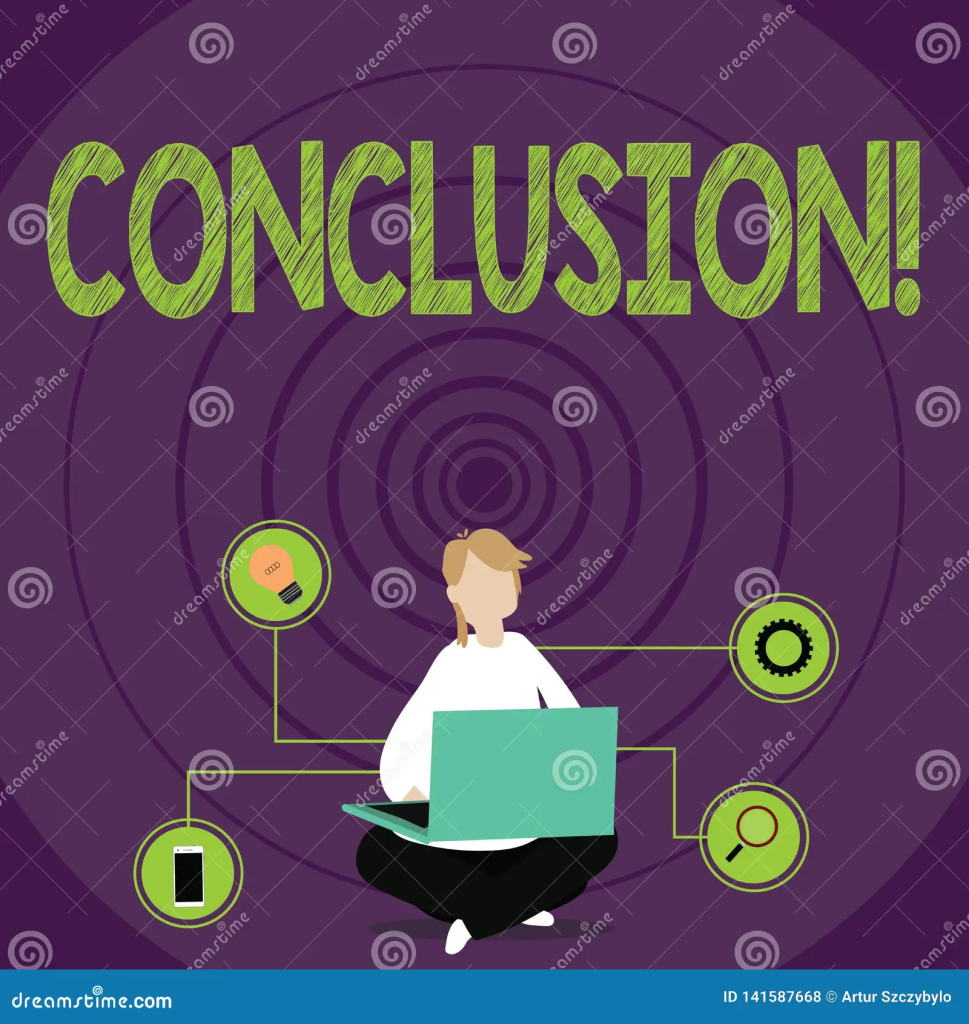In today’s digital age, having a well-structured Digital Marketing Strategy for Business is not just optional—it’s essential. Whether you’re a small startup or a large enterprise, navigating the online world without a clear plan can lead to wasted resources, missed opportunities, and underwhelming results. A strong digital marketing strategy allows businesses to connect with the right audience, deliver meaningful messages, and drive measurable growth.
What is a Digital Marketing Strategy?
A digital marketing strategy is a detailed roadmap that defines how a business will use various online channels—such as search engines, social media, email, websites, and other digital platforms—to achieve its marketing objectives.. Unlike traditional marketing, digital methods are highly measurable, allowing companies to track performance and adjust their tactics in real time.
A good strategy involves more than just running ads or posting on social media—it requires research, audience segmentation, goal-setting, and continuous optimization.

Why is a Digital Marketing Strategy Important?
Businesses today operate in an incredibly competitive and noisy marketplace. With most consumers researching and purchasing products online, an effective digital marketing strategy ensures your brand can be seen, heard, and trusted.
Here are a few reasons why it’s crucial:
- Targeted Outreach: Reach specific customer segments based on behavior, interests, and demographics.
- Cost-Effective: Compared to traditional media, digital platforms offer better ROI with lower budgets.
- Real-Time Analytics: Track your campaign performance instantly and adjust accordingly.
- Global Reach: Break geographical boundaries and connect with international audiences.
Key Components of a Successful Digital Marketing Strategy for Business

Developing a successful digital marketing strategy requires attention to several core components. Here’s a breakdown:
1. Audience Research Digital Marketing Strategy for Business
Understanding your ideal customer is foundational.Leverage tools such as Google Analytics, social media analytics, and customer feedback surveys to create detailed buyer personasKnowing your audience’s needs, preferences, and behavior allows for more tailored and effective messaging.
2. Clear Goals and KPIs Digital Marketing Strategy for Business
Every digital marketing strategy should have clearly defined goals. Are you looking to increase website traffic, boost conversions, generate leads, or improve brand awareness? Assign measurable KPIs (Key Performance Indicators) to track your progress.
3. Content Marketing Digital Marketing Strategy for Business
Content is the heart of digital marketing. Blogs, videos, infographics, podcasts, and case studies can educate, entertain, and engage your audience. Creating high-quality content establishes your brand as an industry authority and strengthens your SEO strategy.
4. Search Engine Optimization (SEO)
SEO ensures your content is discoverable on search engines like Google. On-page SEO (like meta tags and keywords), off-page SEO (like backlinks), and technical SEO (like site speed and mobile optimization) all play a role in improving visibility.
5. Social Media Marketing
Facebook, Instagram, LinkedIn, TikTok, and Twitter all offer unique opportunities for engagement and advertising.
6. Email Marketing
Still one of the highest ROI channels, email marketing allows for personalized communication with leads and customers. Newsletters, drip campaigns, and product promotions help nurture relationships and encourage repeat business.
7. Pay-Per-Click Advertising (PPC)
Platforms like Google Ads and Meta Ads offer powerful targeting tools. When aligned with your overall digital marketing strategy, PPC can deliver fast and scalable results.
8. Analytics and Optimization
Monitoring campaign performance is essential. Use tools like Google Analytics, HubSpot, or SEMrush to measure traffic, conversions, bounce rates, and other KPIs. Continuously tweak your tactics based on data-driven insights.
Tips for Creating an Effective Digital Marketing Strategy
To build a strong digital marketing strategy, consider these best practices:
- Stay Updated: The digital landscape evolves rapidly. Keep up with trends, algorithm updates, and new technologies.
- Be Customer-Centric: Focus on solving problems and delivering value to your audience.
- Test and Learn: Use A/B testing and iterative campaigns to find what works best.
- Invest in Automation: Marketing automation tools can save time and increase efficiency.
- Leverage Data: Data is your most valuable asset—use it to make informed decisions.
Common Mistakes to Avoid
Even seasoned marketers can stumble. Watch out for these common pitfalls:
- Lack of Strategy: Posting content without a plan leads to inconsistent results.
- Ignoring Mobile Users: Most users access content via smartphones—optimize accordingly.
- Failing to Track Results: Without metrics, it’s impossible to improve.
- Overlooking SEO: Great content is wasted if it’s not discoverable.
Conclusion

Creating a winning digital marketing strategy doesn’t happen overnight. It takes time, research, testing, and a commitment to delivering value. But when done right, it can transform your business—helping you reach new customers, strengthen your brand, and drive sustainable growth.
Whether you’re launching a new business or refining your current approach, investing in a thoughtful digital marketing strategy is one of the smartest moves you can make. Start with clear goals, understand your audience, create valuable content, and always let data guide your decisions.
Remember, the digital world is dynamic—but with a strong strategy, your business can not only keep up but lead the way.

